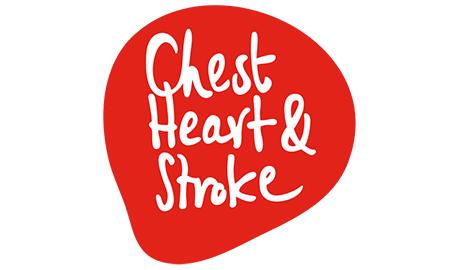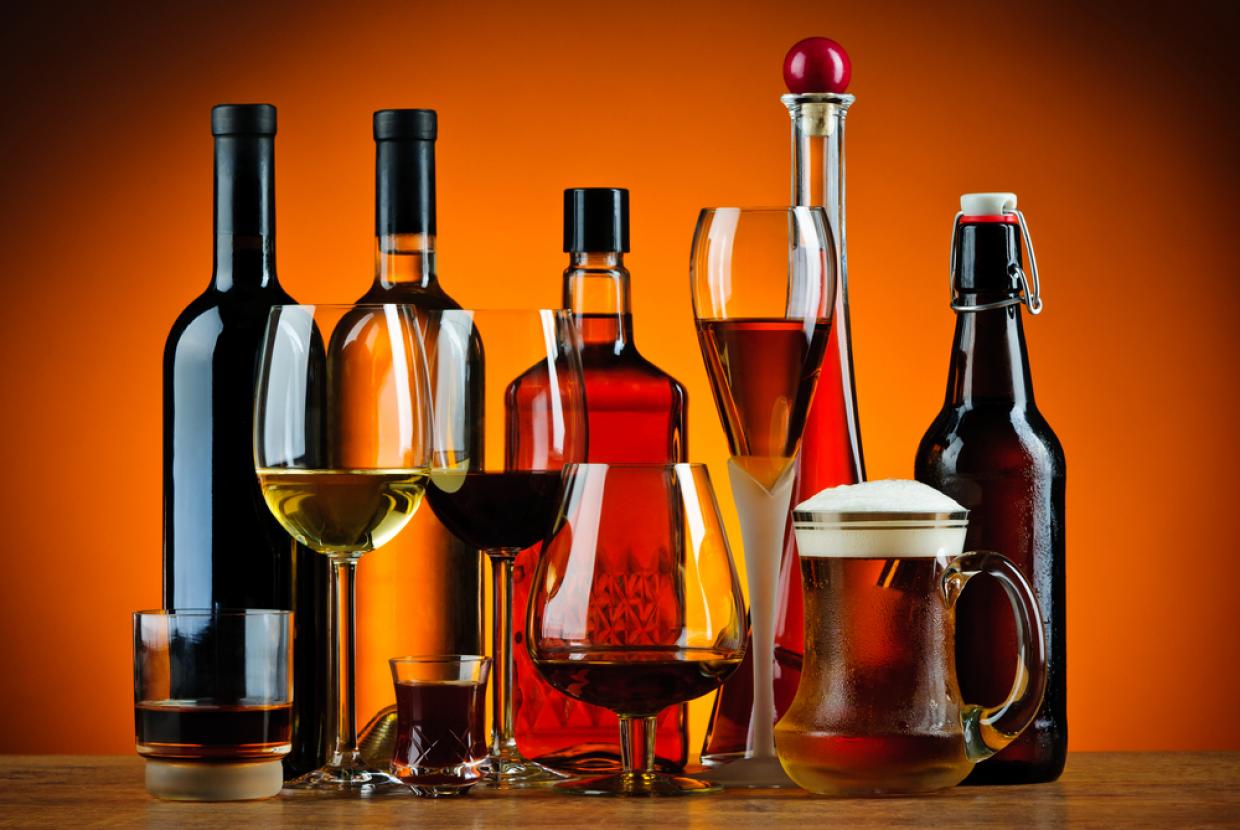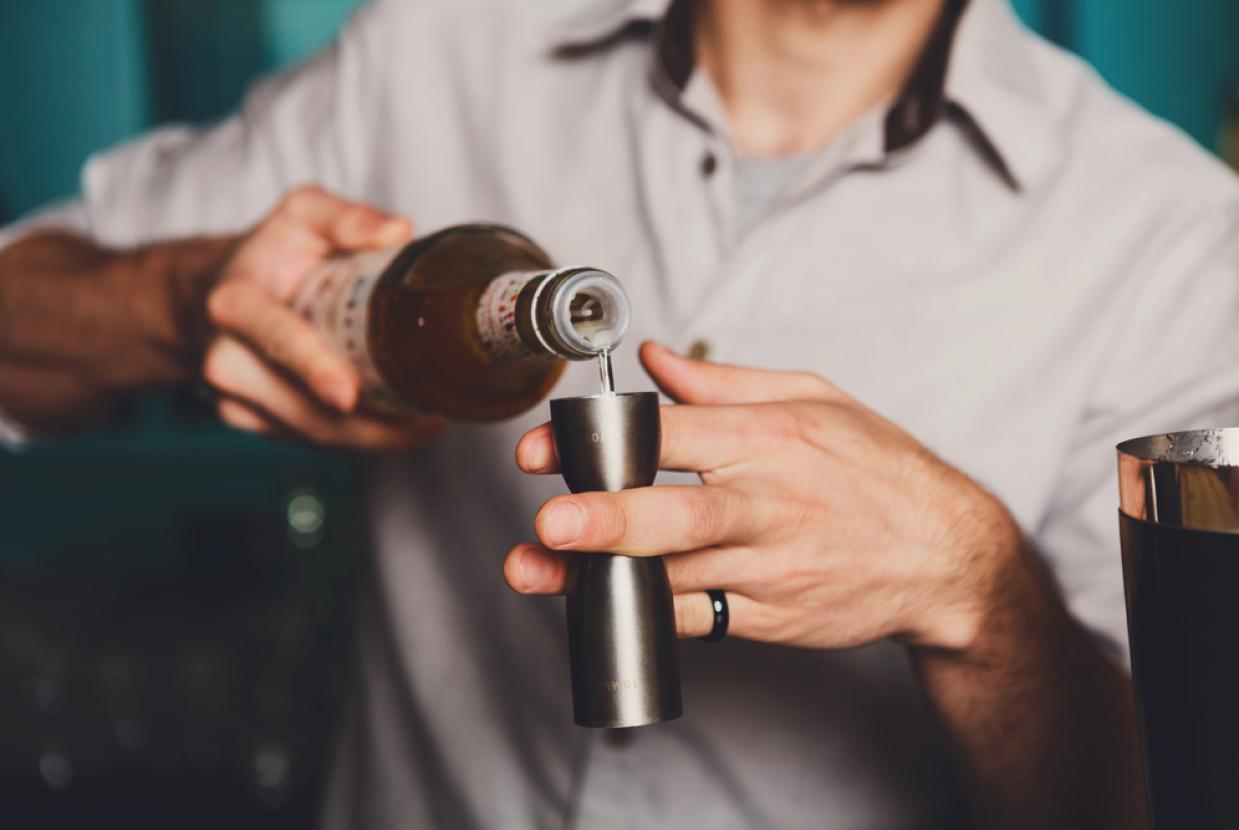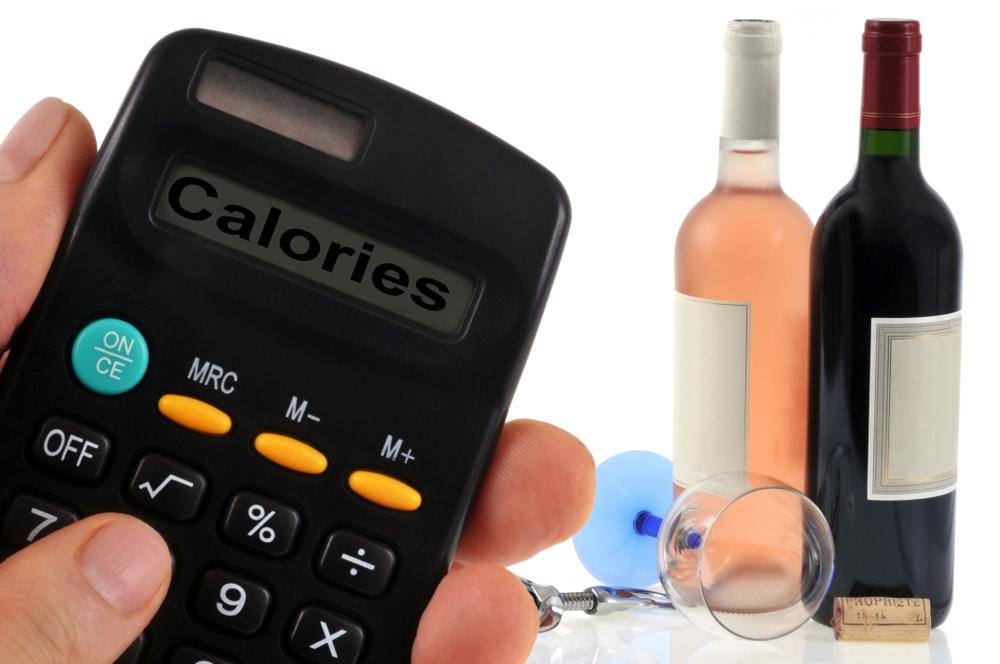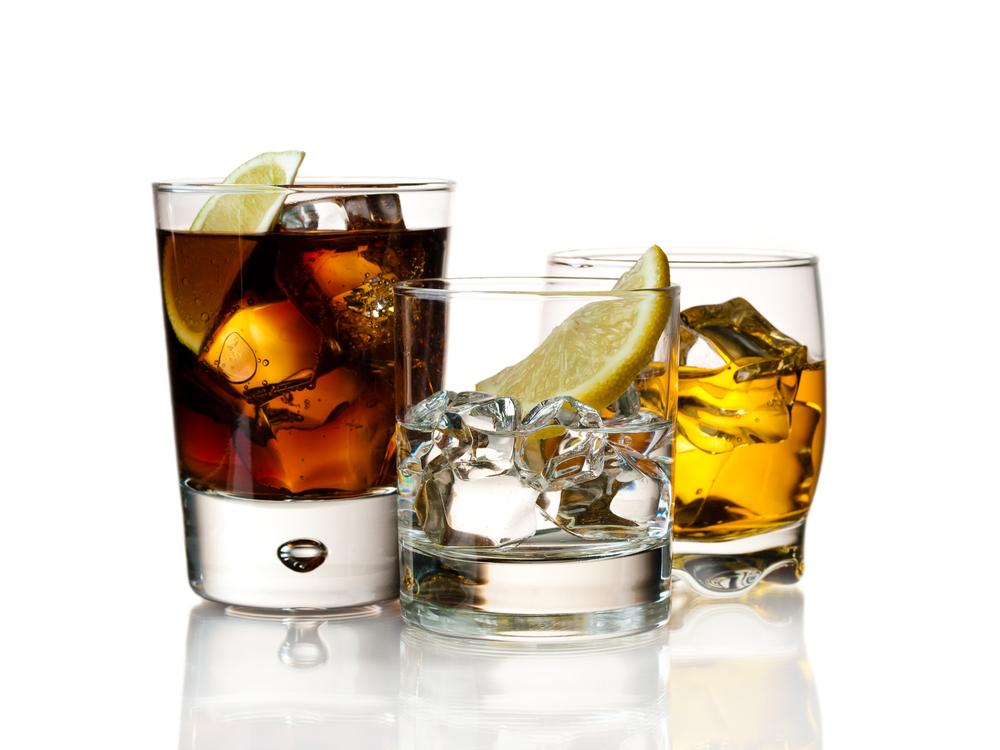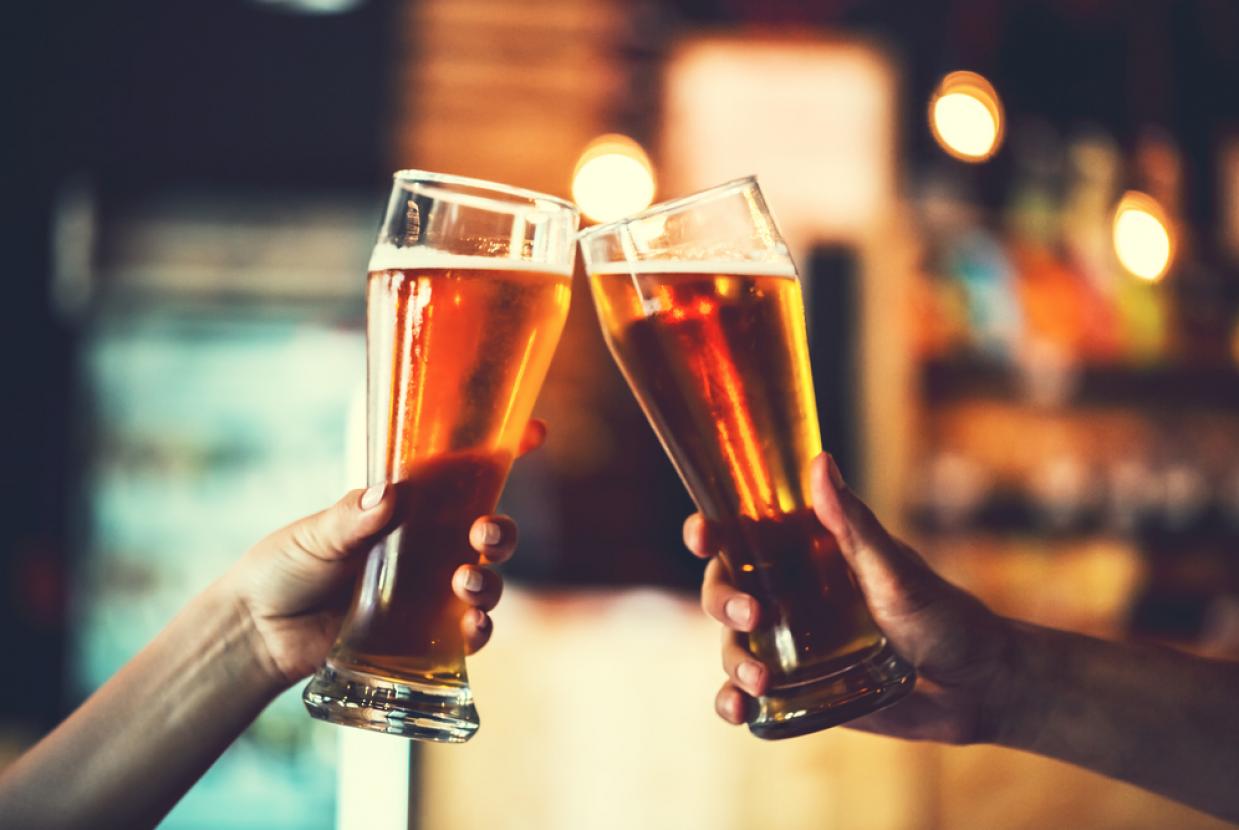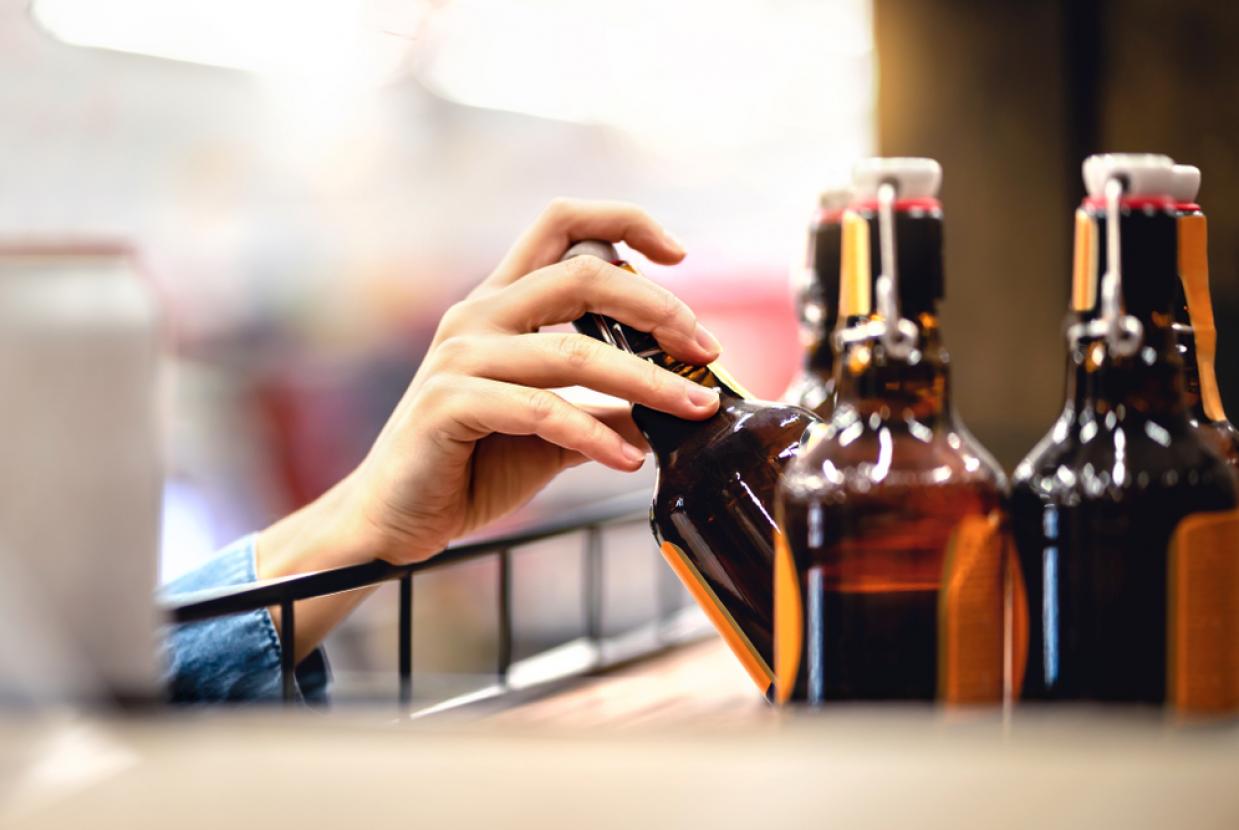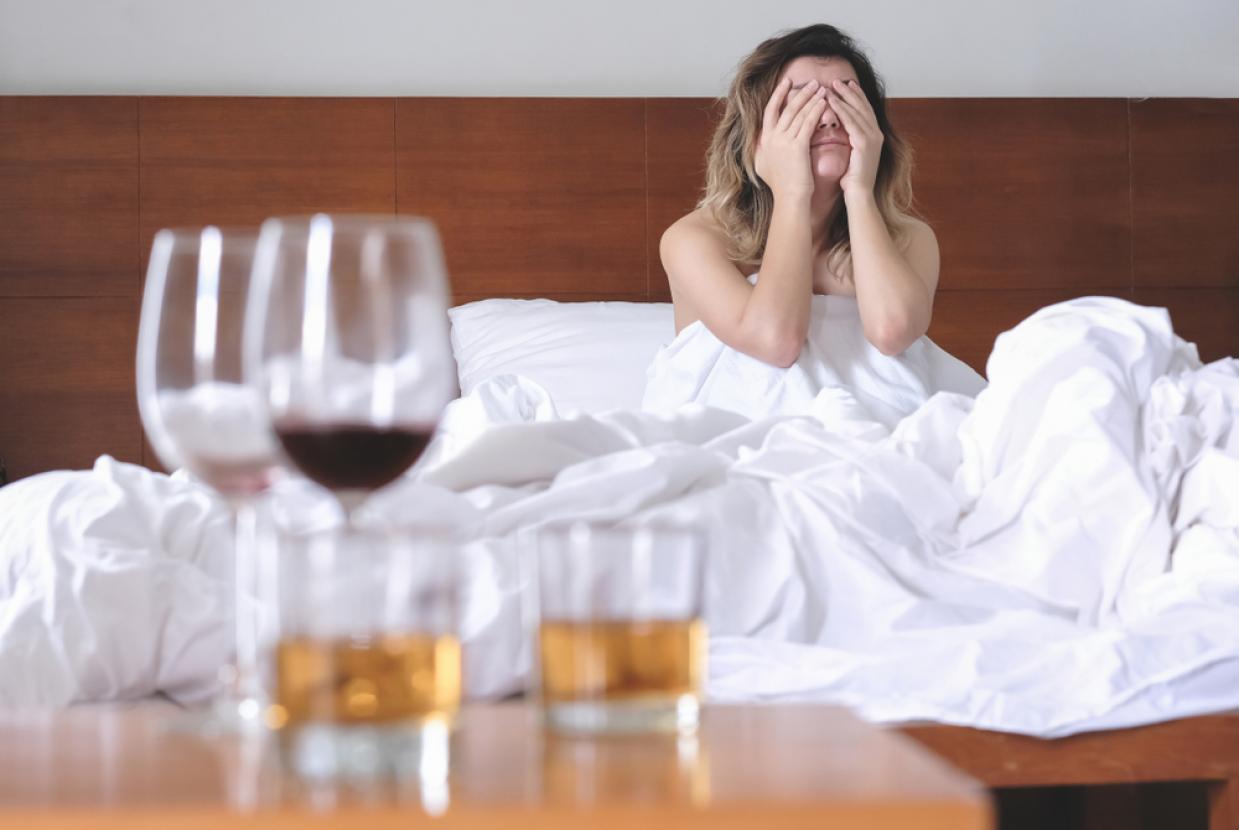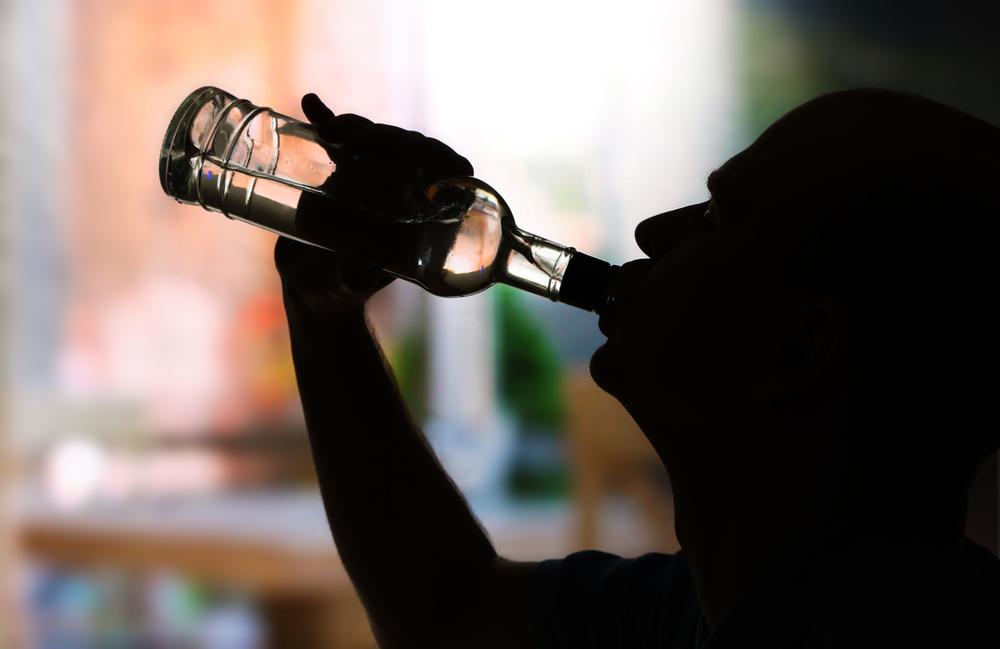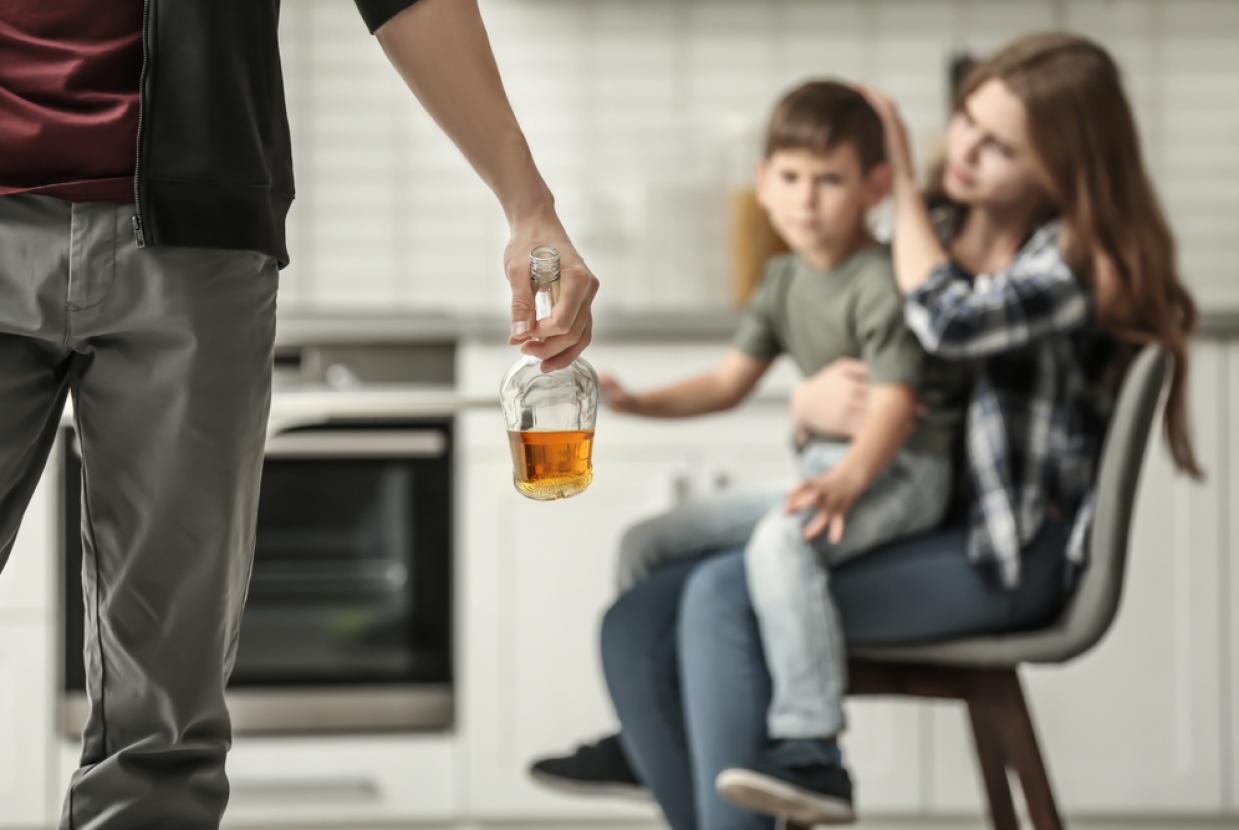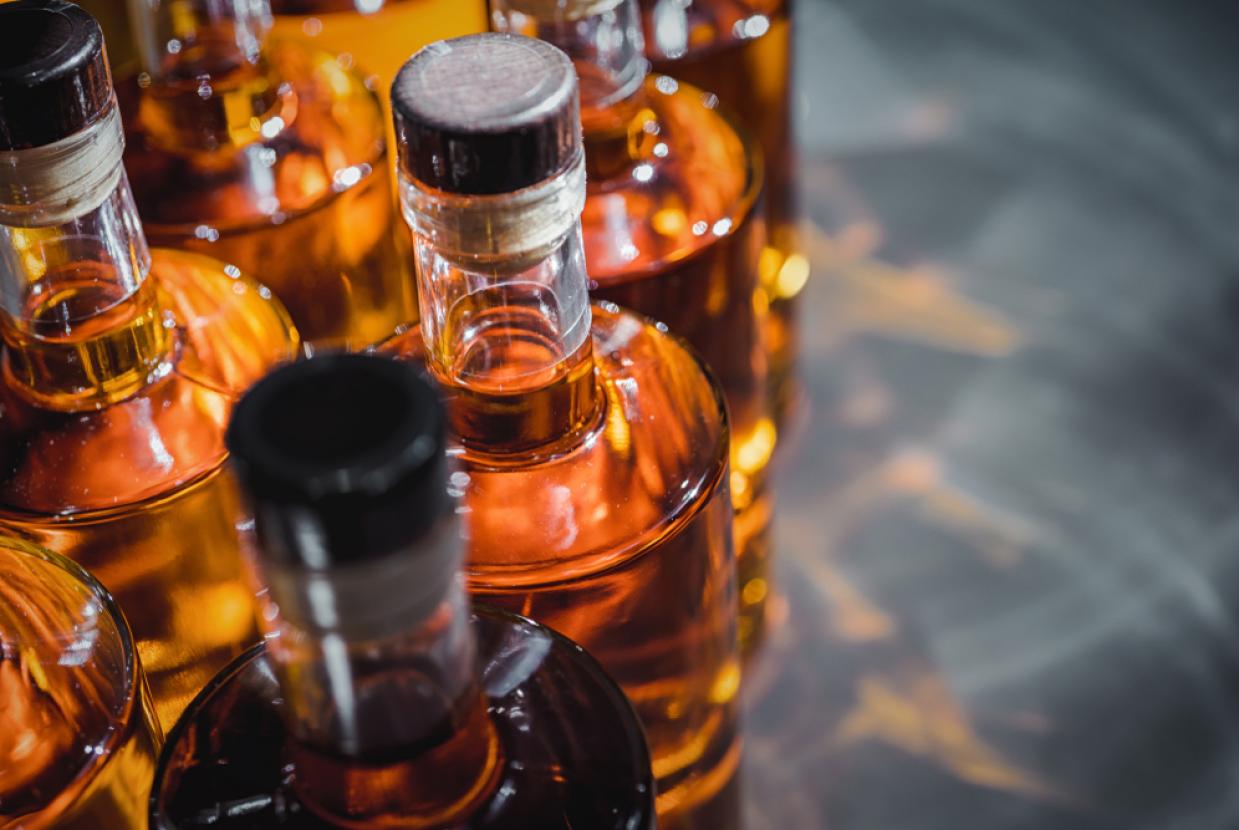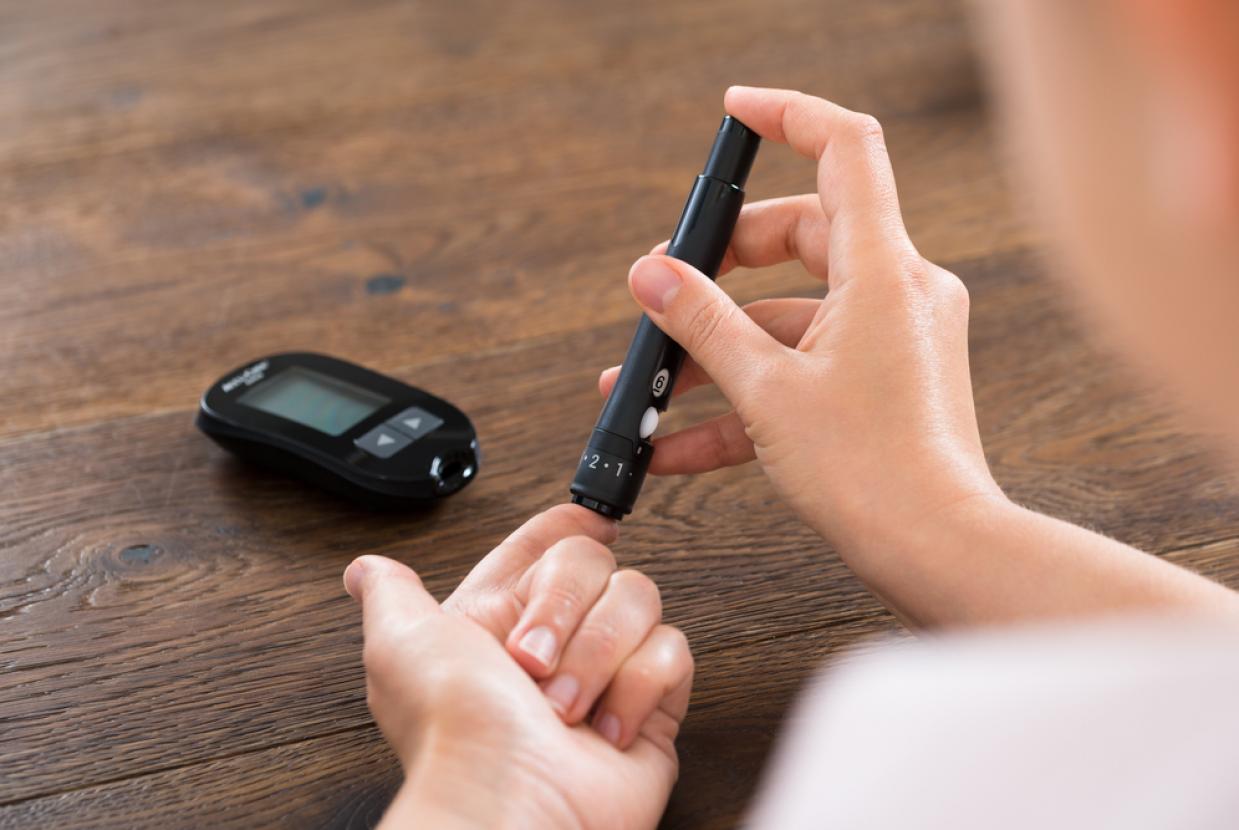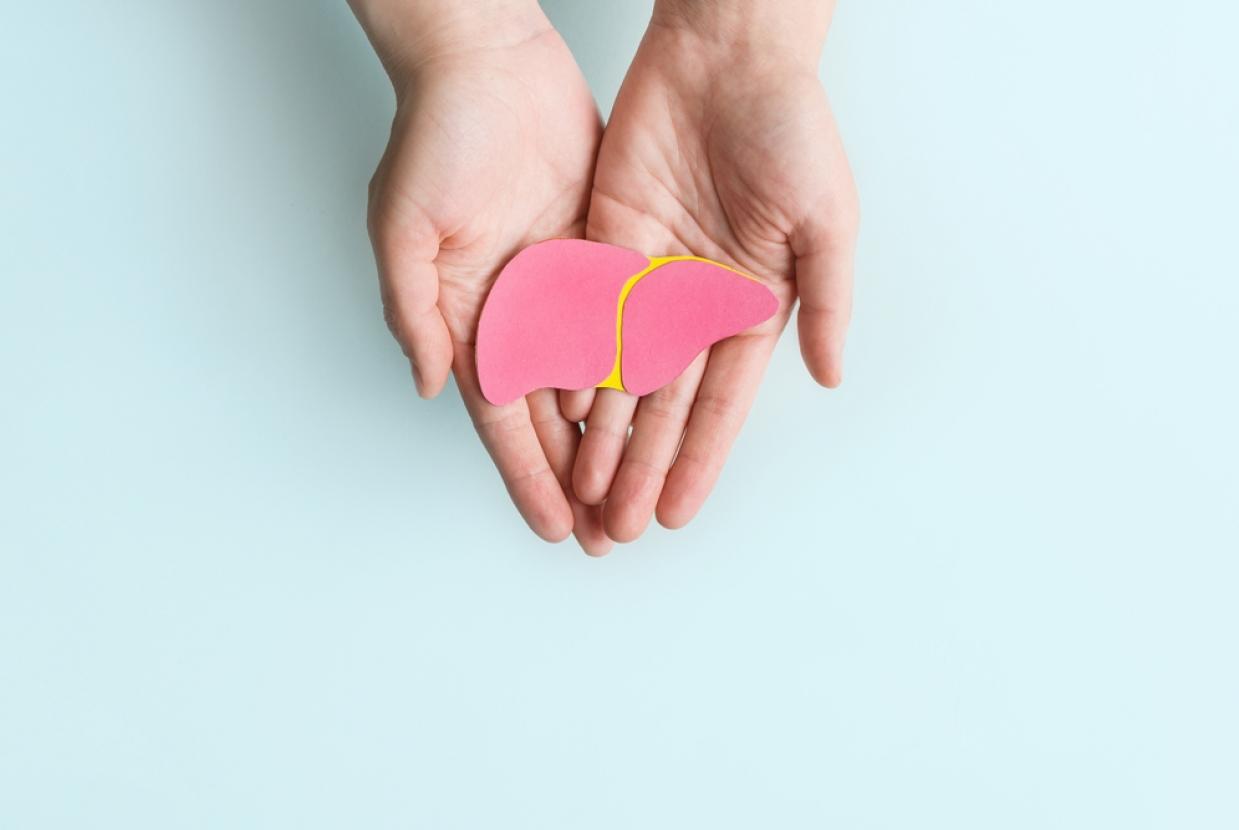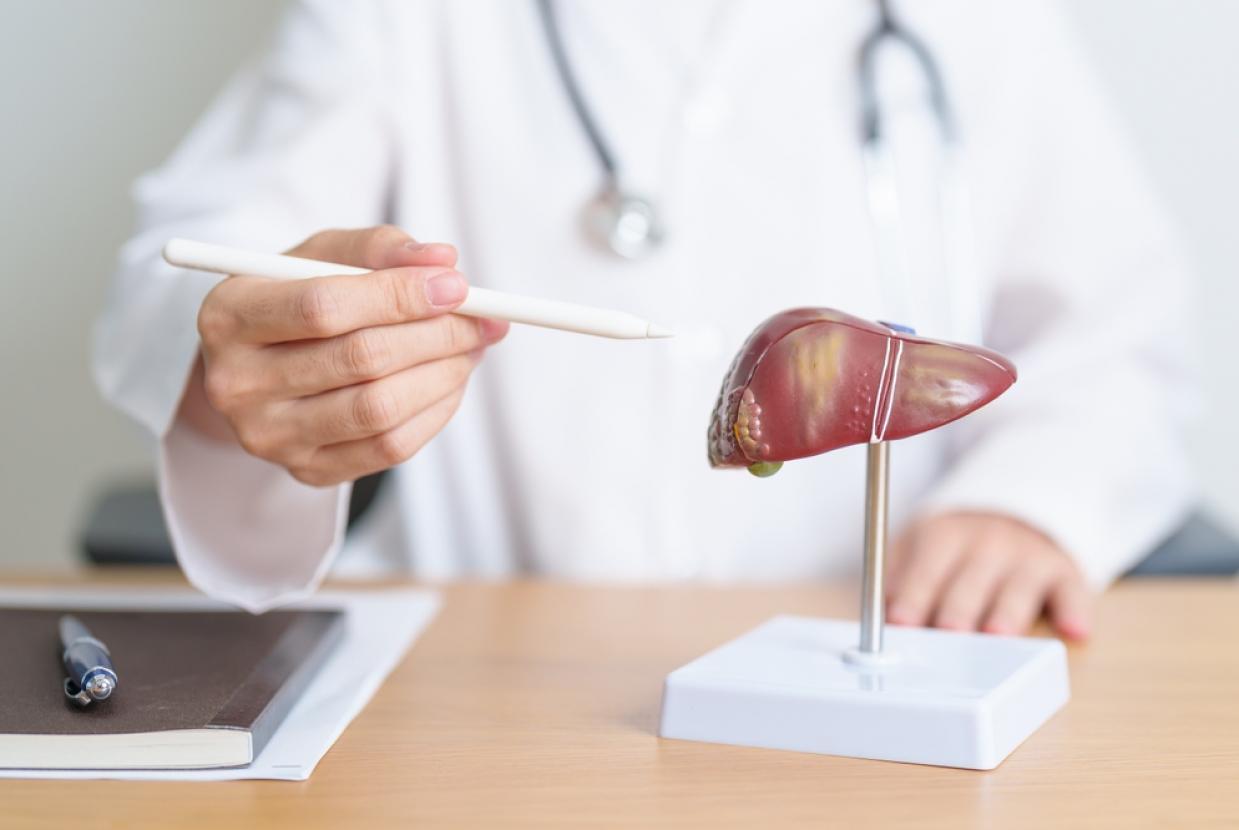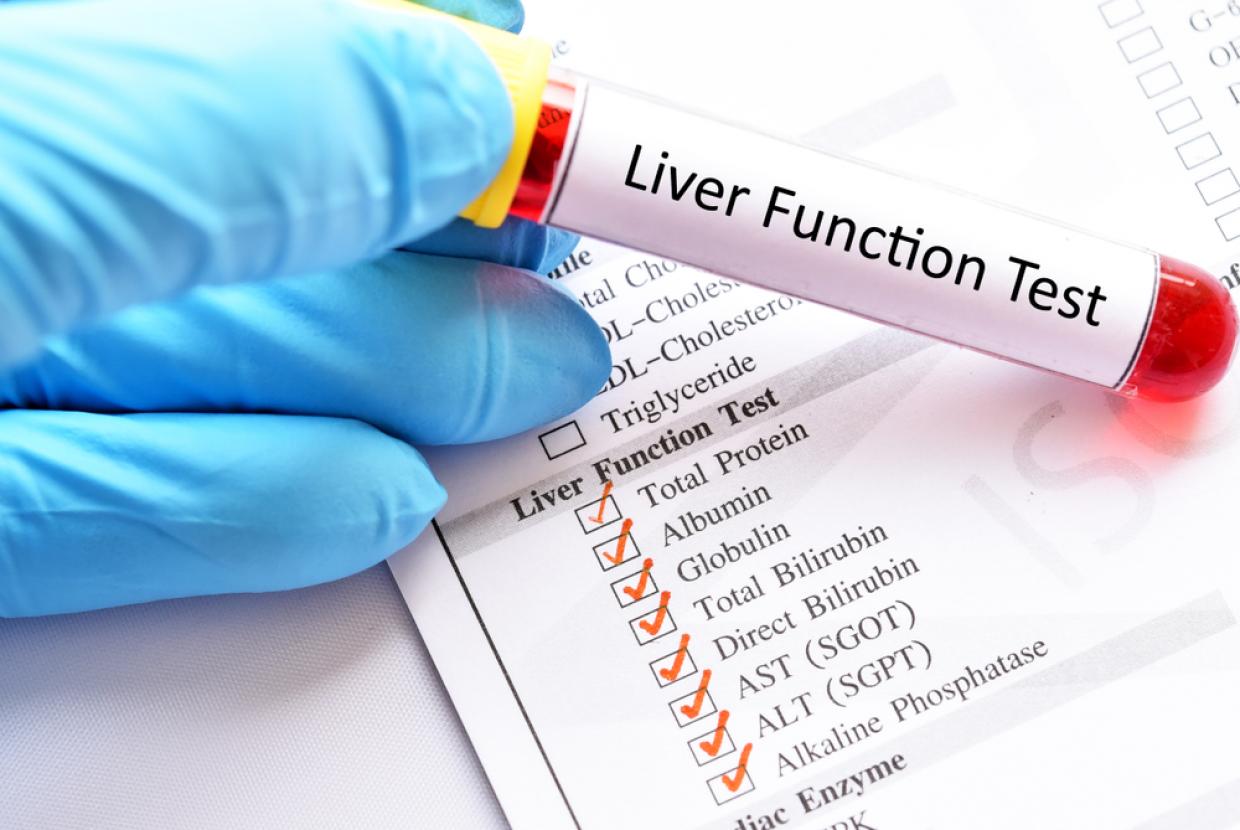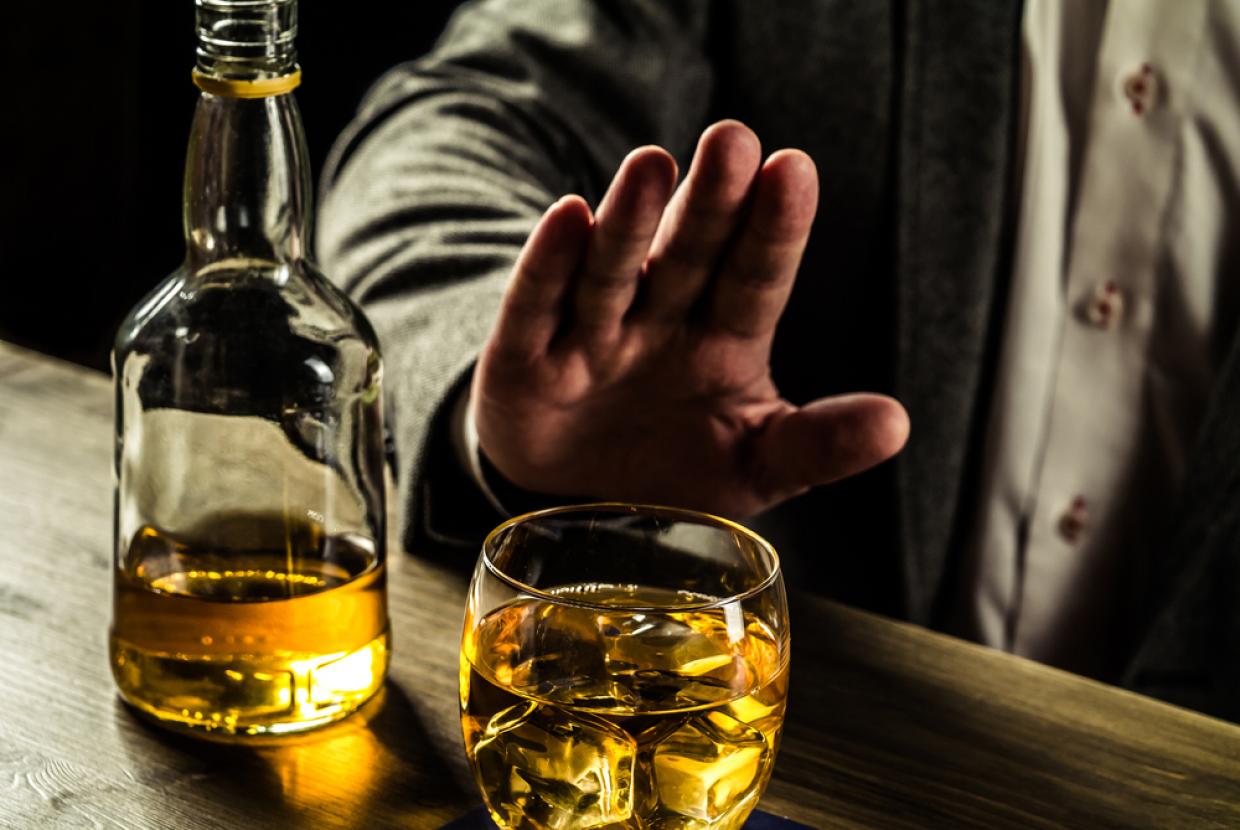Sobering Facts: Understanding Alcohol's Impact On Health
Alcohol GuidanceNeil Johnston, Public Affairs and Policy Manager at Northern Ireland Chest Heart & Stroke, does an alcohol-related Q&A to highlight the effects drinking too much alcohol can have on our health.
1. What impacts can drinking too much alcohol have?
Drinking too much alcohol can have a devastating effect on your cardiovascular health, in other words, your heart and blood vessels. It can cause high blood pressure and atrial fibrillation, an irregular heartbeat, both of which can increase your risk of heart failure, heart attack and stroke.
Drinking alcohol is also strongly linked to liver problems and some cancers. Meanwhile, because alcohol is high in calories and does not have any nutritional benefit, drinking a lot can lead to weight gain or even obesity, which are also bad for your heart health. People might be surprised to learn for example that drinking 3 pints of lager is the equivalent of eating 2 slices of pepperoni pizza!
2. How much can I drink?
Guidelines from the UK Chief Medical Officer state that there is no safe level of alcohol consumption. If you do drink alcohol however, it is important to keep within the guidelines- men and women should not drink more than 14 units of alcohol each week. You should spread alcohol units across three or more days and have several alcohol-free days each week.
In the UK, alcohol is measured in units and 1 unit is equal to 10mls of pure alcohol. The alcohol units guide below will help you keep a track of how many units of alcohol are in different alcoholic drinks:
- Pint of cider/premium beer (5%) - 2.8 units
- Alcopop (274ml, 4%) - 1.4 units
- Can of beer (330ml, 4%) - 1.7 units
- Gin/vodka/rum (35ml, 37.5%) - 1.3 units
- Spirits (1 litre, 37.5%) - 37 units
- Small bottle of wine (187.5ml, 12%) - 2.3 units
- Bottle of wine (750ml, 12%) - 9.2 units
3. What is binge drinking?
Binge drinking is defined as drinking alcohol in a short space of time or drinking to get drunk. Due to the fact everybody is different, it is not easy to say exactly how many units in one session count as binge drinking. The definition used by the Office of National Statistics state that for men this equates to drinking more than eight units in one sitting, and for women it means drinking more than six units in one sitting.
Binge drinking can cause additional damage to your body and should be avoided. If you drink too much, avoid alcohol for 48 hours to allow your body time to recover.
4. What advice would you give to people wanting to reduce their alcohol intake?
Some tips for trying to reduce the amount of alcohol you drink include:
- Know your limits – make sure you know how many units are in your favourite drinks.
- Check out the alcohol content ABV% of a drink and if possible, choose an alternative with a lower alcoholic content.
- Have something to eat before you start drinking.
- Alternate each alcoholic drink with a non-alcoholic drink.
- Avoid drinking in rounds or having a kitty as it may lead to drinking more than you intended.
- Keep track of your drinks and do not let anyone top up your drink until it is finished.
If you are concerned about your alcohol intake or that of a friend or family member, visit drugsandalcoholni.info for more information or make an appointment with your GP.


